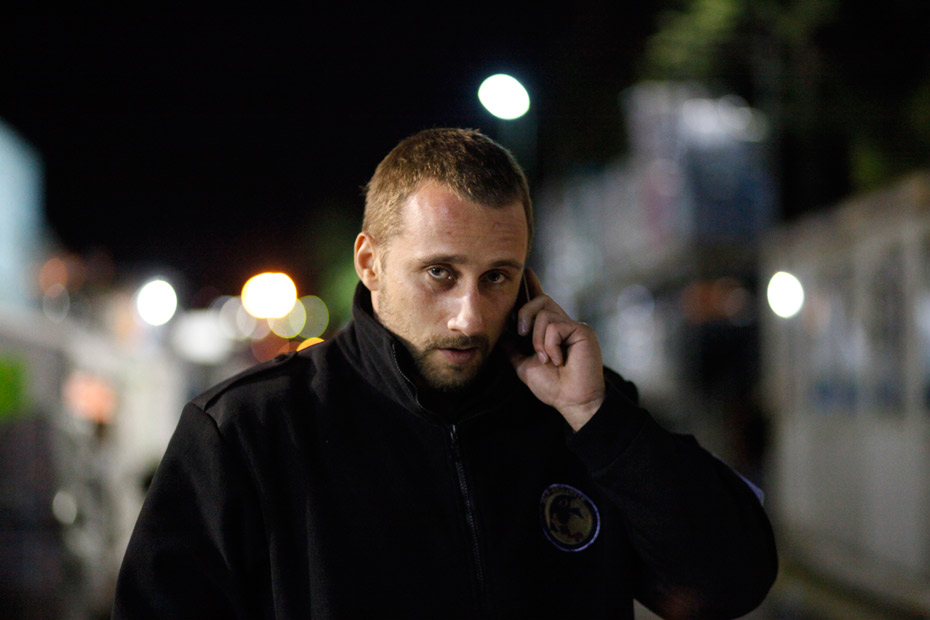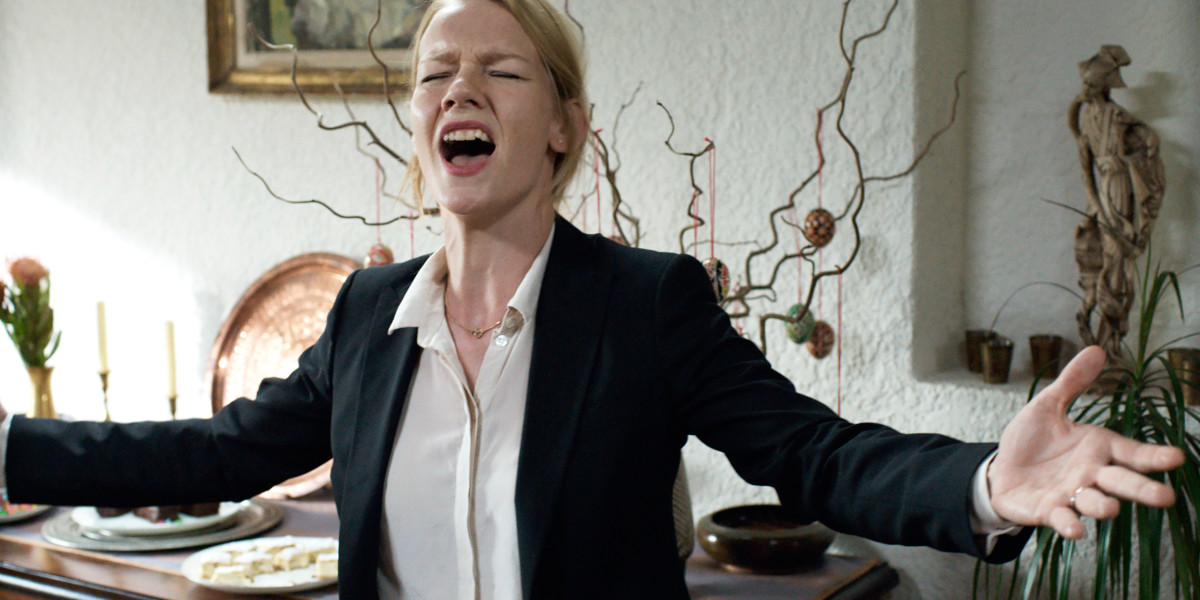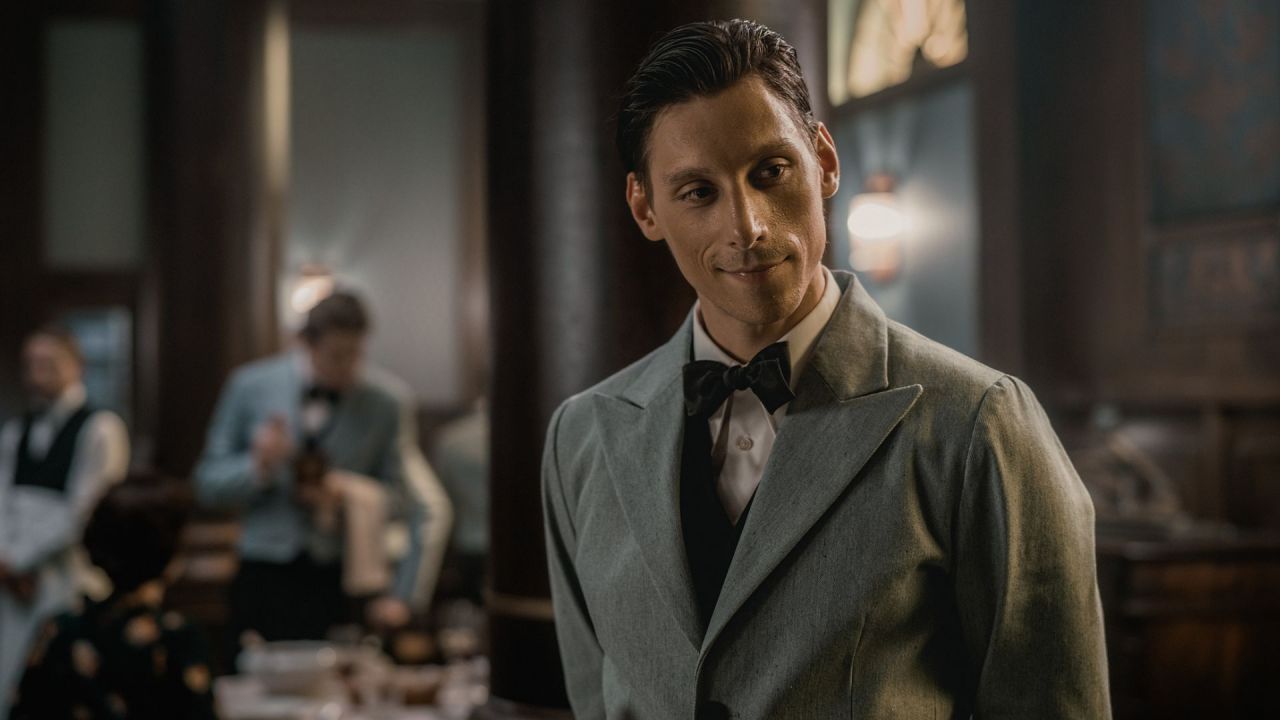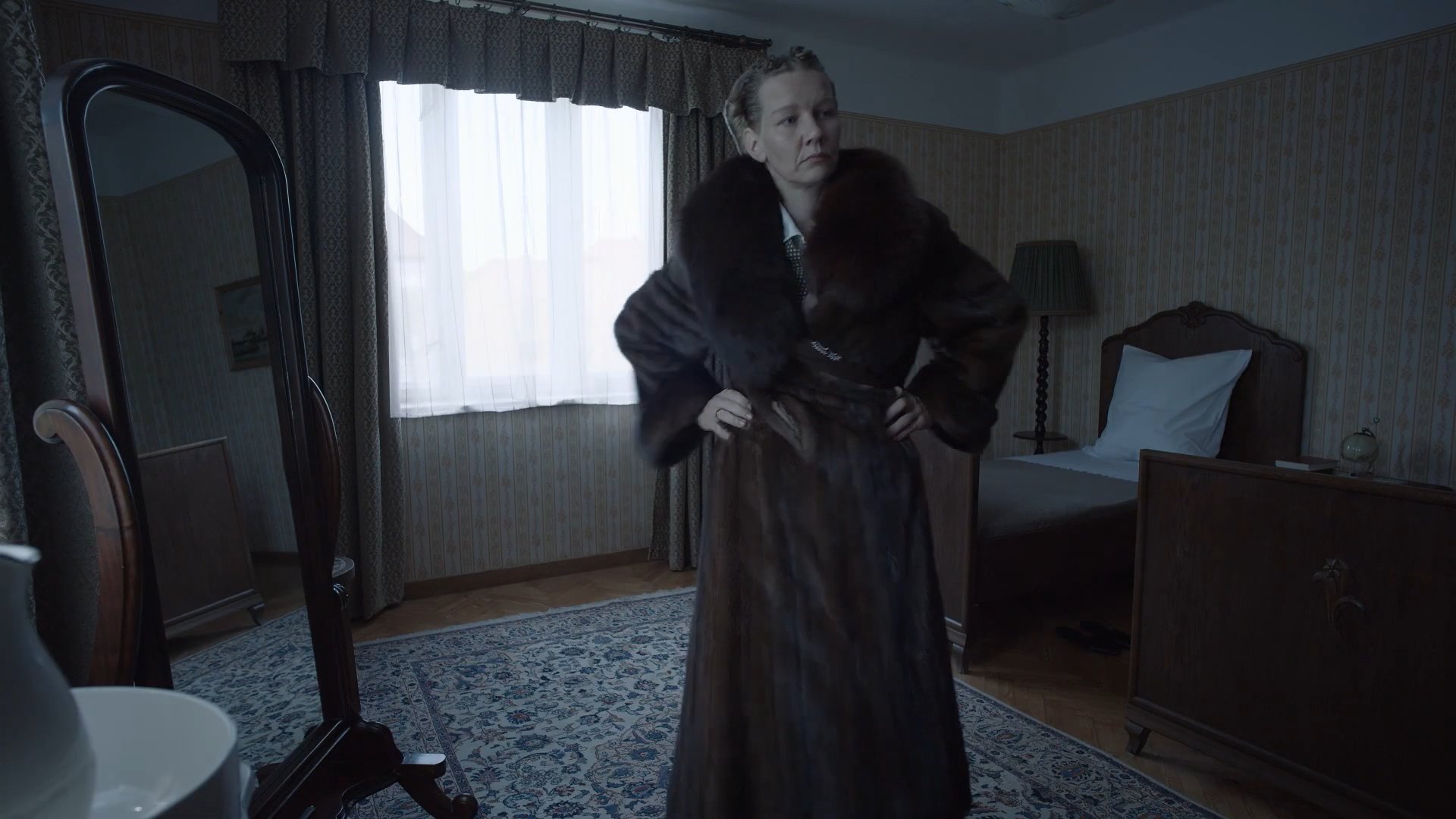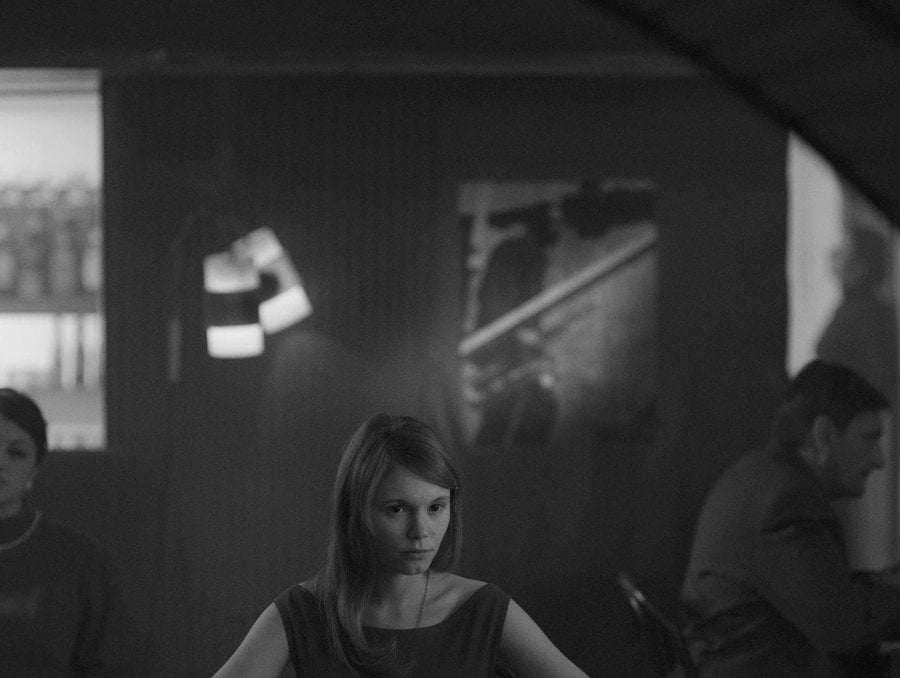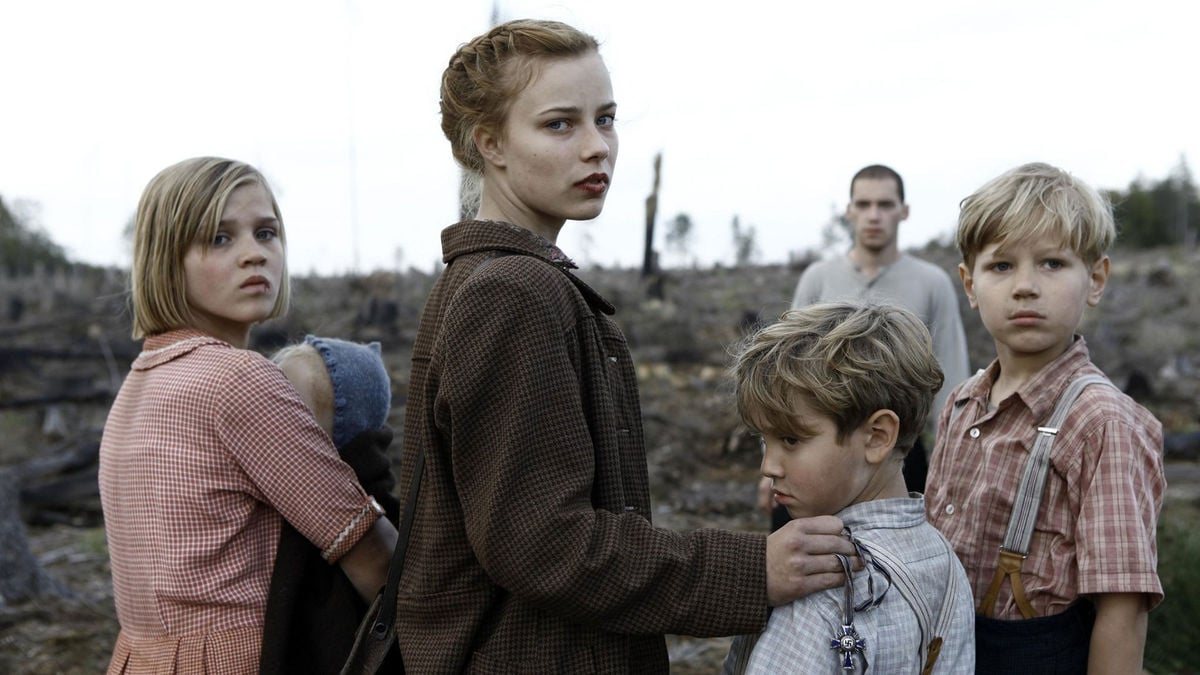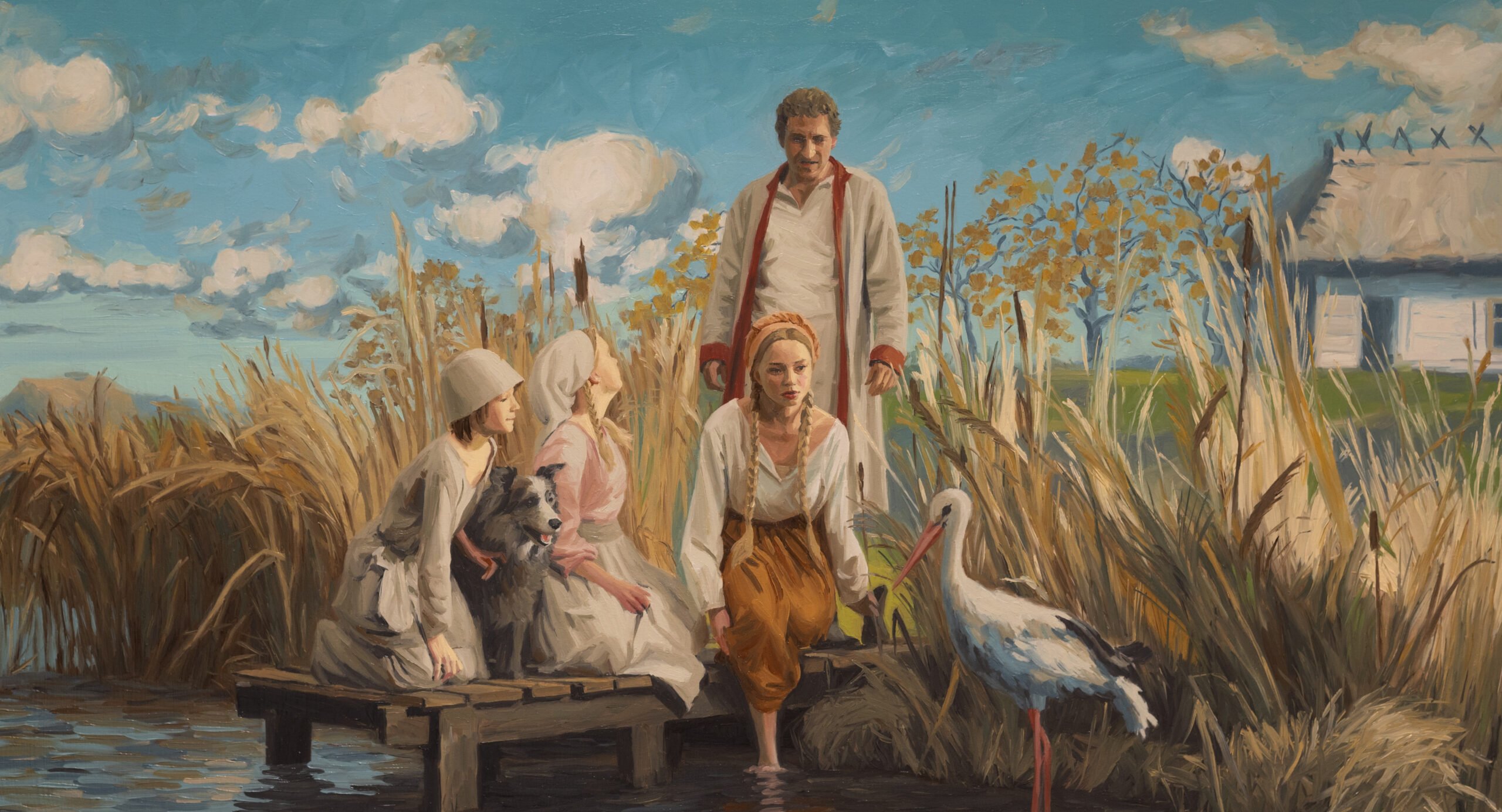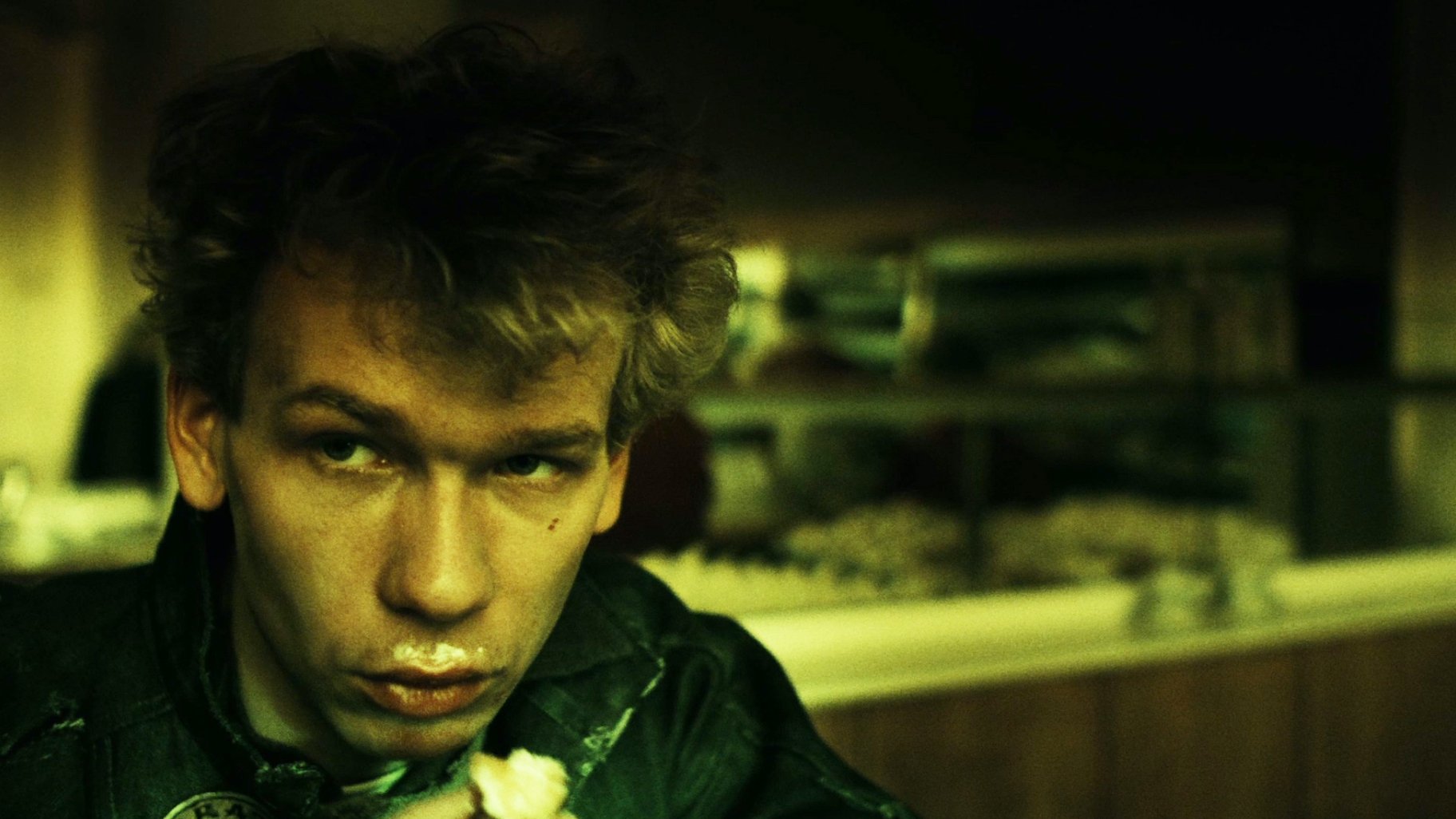Blind Chance (1987)

7.7
A metaphysical exploration of where chance and choice can take you in life
Movie
Poland
Polish
Drama
1987
KRZYSZTOF KIEŚLOWSKI
Adam Ferency, Bogusław Linda, Bogusława Pawelec
117 min
TLDR
Blind Chance crawled so that Everything Everywhere All At Once could run.
What it's about
With an uncertain future in Communist Poland, medical student Witek runs after a train. This mundane event leads to three possible outcomes.
The take
The basic idea of experimental drama Blind Chance is the butterfly effect. It’s as if writer-director Krzysztof Kieślowski just wanted to tell this concept through the simple act of catching a train, albeit in film form, by starting with the train, and following with three vastly different outcomes of what Witek came to be. Because of this approach, there’s already an interesting metaphysical meditation of the way chance rules life as much as our choices, but on top of this, Kieślowski also contemplates how chance pushes us to make different political stances, choices, and advocacies, given the main difference between Witek’s different timelines. The film doesn’t really advocate for one or the other, but the outcome of the third timeline suggests that even with chance in play, it’s much better to make that choice rather than having that choice made for you. It’s because of this idea that the Polish authorities sought to ban the film, but Przypadek ultimately proved to be an interesting choice Kieślowski made in spite of censorship.
What stands out
Every time *that* specific score plays.
Comments
Your name
Your comment
Your comment
UP NEXT
UP NEXT
UP NEXT
Curated by humans, not algorithms.

© 2025 agoodmovietowatch, all rights reserved.









